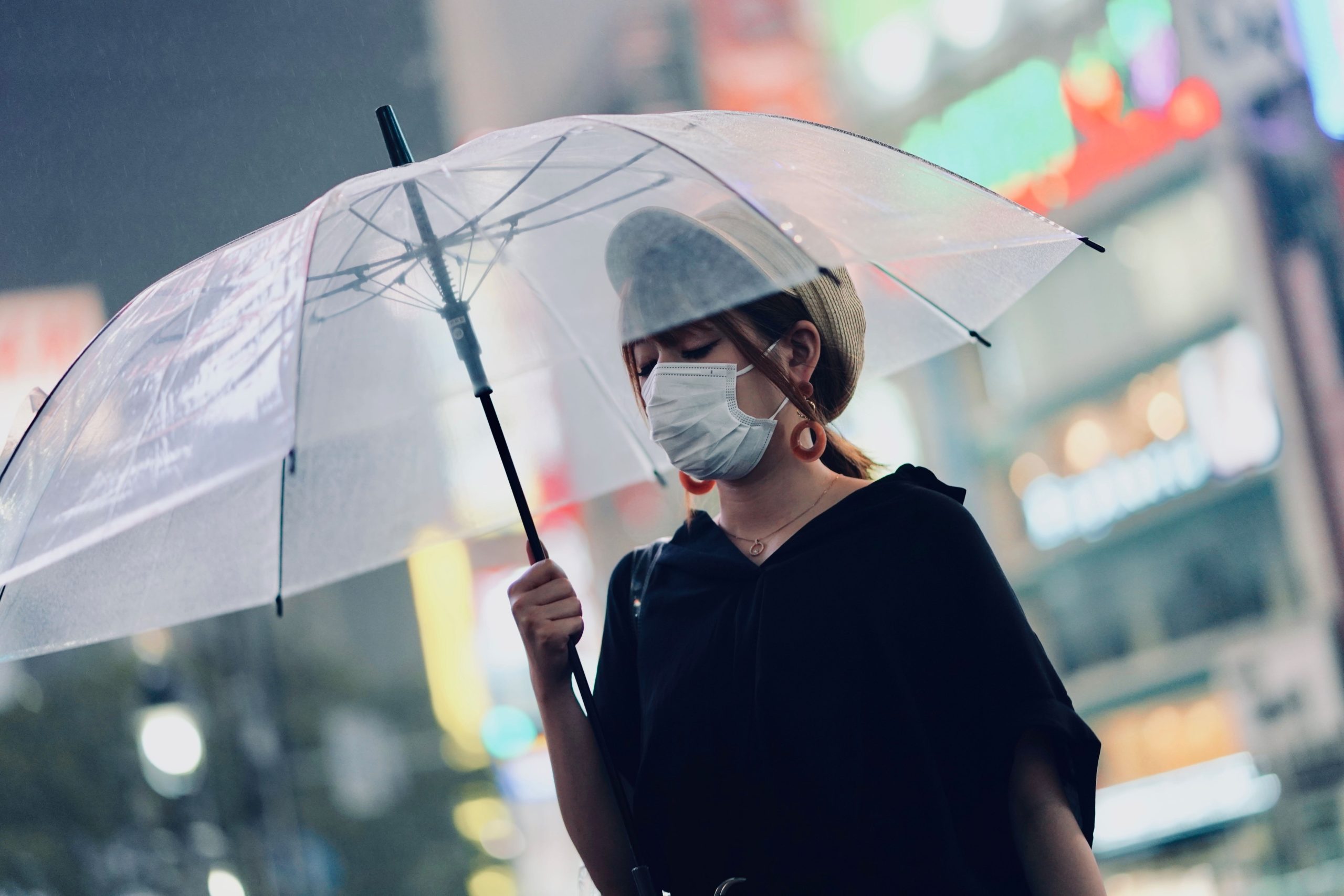Facebook Takes a Stand on Coronavirus
Facebook Doesn’t Want Misinformation with the CoronaVirus
Facebook has to deal with coronavirus misinformation now.
The social media giant seems like it will always have a problem with misinformation in some form or fashion. That’s an issue because it becomes a recurring point of pain for the platform and the user base.
Facebook stepped into some hot water recently when they talked about their policy on political ads, where the company stated that they would not take down lies in political ads. But it looks like they’ll have to draw the line somewhere.
Its an interesting stance, political ads may erode the mind gradually and cause destruction slowly, but misinformation about the coronavirus may lead to substantial issues in the present.
The coronavirus is an imminent and present danger.
Organizations such as CNN and others note how flights from affected areas are likely to stop; in some cases, flights will stop until April 30th. There seems to be a higher incidence of the virus, and this rise is causing additional worries, especially on platforms like Facebook. The issue is escalated to the point where the World Health Organization notes that this disease is of grave concern and a global health crisis.
Facebook and Health Policy
Diving a little deeper, we see that Facebook’s stance on coronavirus makes sense and is an extension of their evergreen policy regarding posts related to health topics. The firm generally has a more stringent policy in how it regulates health posts by filtering them out broadly and then combating false health advertisements.
At the current moment, it seems as if you can view posts on pages or profiles, but the firm will take a strict stance on providing more visibility to these types of content.
The social media organization must be much more vigilant when it comes to matters of health because false information in this regard can create significant hazards. For instance, anti-vaxxer campaigns can lead to a resurgence of old diseases that were, for the most part, eradicated a while back.
Bad health practices on a larger scale can create a significant toll on society and can be even more dangerous in places with rising healthcare costs. Misinformation can be more damaging in areas where they don’t have proper healthcare infrastructure to recover from harmful healthcare practices due to false information.
Personal Health
The Facebook personal health section notes “ads must not contain “before-and-after” images or images that contain unexpected or unlikely results. Ad content must not imply or attempt to generate negative self-perception to promote diet, weight loss, or other health-related products.
It will let you promote what it deems as healthy eating habits and positive health content.
Facebook and Misinformation
Meanwhile, its policy on misinformation shows is evident in many regards “ads which include misinformation about vaccines as identified and verified by global health organizations such as the World Health Organization.”
The company is emphasizing that it will monitor these and now those posts and content related to misinformation about viruses.
It has to take a stance because it has seen the issues related to lack of policing content in places such as Samoa and Pakistan. For instance, Pakistan social media has seen an onslaught of misinformation regarding polio vaccinations leading local governments within the region to call upon the social media behemoth to take action. These posts would claim that polio vaccinations harm children and would receive significant traction, shares, and impressions before the government stepped in to intervene. The issue became even more problematic within the Pakistani region due to potential harm that may befall healthcare workers administering polio vaccines.

